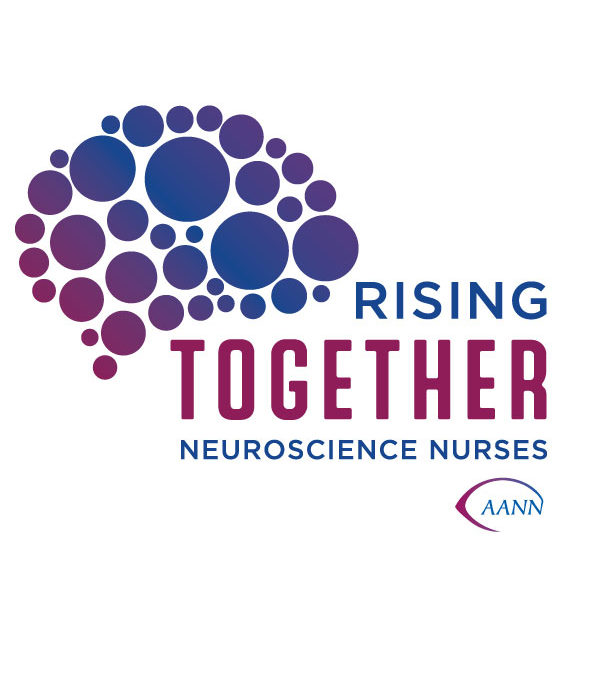This week’s recognition of National Neuroscience Nurses Week helps raise awareness of this nursing specialty and honors the work neuroscience nurses do.
Nurses who find a good fit in this field are generally fascinated by brain science and all the different implications that brain health and brain injury have on a person’s daily life. Neuroscience nurses help patients who may have a brain disease, like Alzheimer’s or Parkinson’s, or who may have brain injuries resulting from a car accident or a fall or from an aneurism or infection. Neuroscience nurses also work with patients who have had a stroke or have multiple sclerosis.
Neuroscience nurses work with patients to help them stabilize if they have had a brain injury and to manage the everyday impacts of brain injury and disease. They may work in recovery and rehabilitation to monitor progression and to encourage patients and families as they take the journey to recovery or, in some cases, to manage a progressive disease. They may also work in an inpatient or outpatient facility or in the OR. Frequently, nurses in this role develop long relationships with patients and their families. As people recover from or progress through the impacts and symptoms of brain injury or brain disease, these nurses are a sounding board, a resource, and a champion of their patients.
Because the human brain is incredibly complex and any brain injury can have a major impact on the way the body functions, a career in neuroscience nursing is challenging. Nurses in this specialty must remain current in all the latest research in brain science and in the rapidly advancing technology that helps patients with brain injury or diseases. While patient care is generally the primary focus in the career, nurses who are fascinated by brain science can also choose to lead research, may hold leadership and teaching roles in academia, and may advocate for the patients and nurses who are impacted by brain health.
The American Association of Neuroscience Nurses (AANN) is the professional organization for nurses in this specialty and is an excellent resource for both novice and veteran neuroscience nurses. Nurses can connect with others in their field, learn about educational opportunities, find out about conferences, and have access to job openings. Because neuroscience nurses have a complex specialty, the network of nurses in the field can act as a nationwide resource for puzzling cases or to hear about groundbreaking research being done around the globe. Nurses might also reference the World Federation of Neuroscience Nurses to see what’s happening in the field worldwide.
As with all nursing specialties, certification gives the additional knowledge to provide the best and most up-to-date patient care possible. The American Board of Neuroscience Nursing offers two certifications: the Certified Neuroscience Registered Nurse (CNRN®) and the Stroke Certified Registered Nurse (SCRN®) certification. In addition to ensuring that nurses have the latest skills and knowledge, obtaining certification helps nurses explore varied facets of the areas they work in to make important connections. The additional credential also increases professional and personal confidence as colleagues respect and rely on their certified coworkers.
Neuroscience nurses know that brain health can change everything from a patient’s physical health to their psychological health and so they must be able to adapt to changing conditions rapidly and calmly. As they gain experience in the field they develop valuable knowledge and capabilities that positively impact the patient and the larger health team. While the challenges are constant, so are the rewards.
- Why Finding a Nursing Community Is Important - May 10, 2024
- A Camp Nurse Volunteer Shares the Joy - April 30, 2024
- Is the FNP Program Right for You? - April 24, 2024



